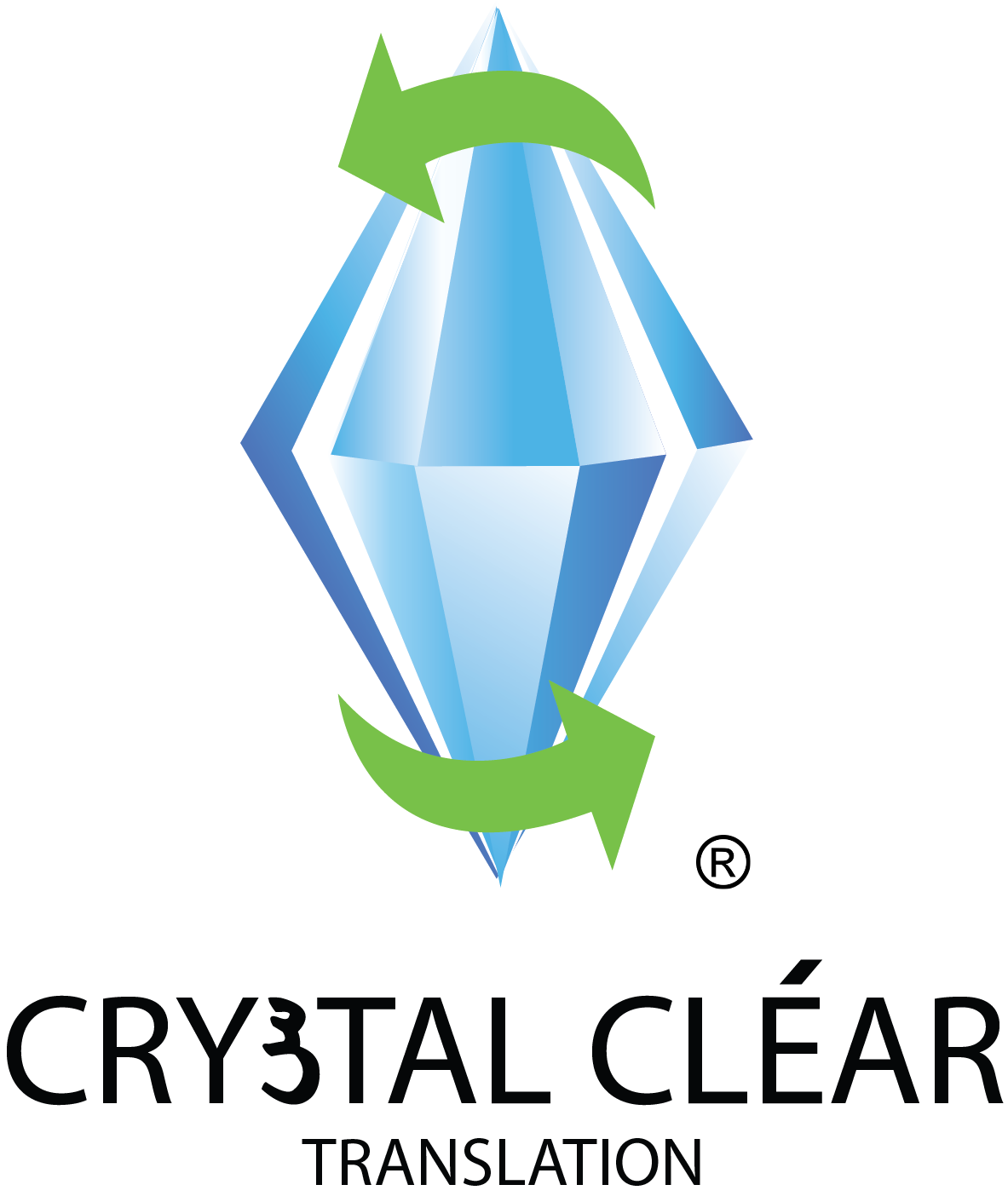Deriving from the Niger-Congo family, the Lingala is a Bantu language spoken throughout Democratic Republic and Republic of Congo. As well as these regions, it is known to be spoken in Angola and Southern South Sudan.
Lingala is one of the four main languages spoken within the Democratic Republic of Congo, but where did it come from? We are looking at the history of this dynamic language, and how it is used to this day around Africa.
Lingala: Origins and History
It is believed that Lingala originated from the Congo trade language, Bobangi (Bangi). With the Belgian colonisation in the 19th century, a language was needed to aid administrative and missionary communication, this is where Bobangi came into use, and it soon spread wide across the region. From then on, over the years Bangi became Bangala and efforts to refine and standardise the dialect resulted in the introduction of Lingala in 1903. The language has grown increasingly popular since its breakthrough, it is used widely as the lingua Franca of the armed forces and has also greatly influenced music.
Lingala Dialects
There are two main Lingala dialects; Standard and Spoken.
Standard Lingala:
The standard variation is typically used within a formal context such as educational facilities, religious buildings and even the media in print. Standard Lingala is taught at all levels throughout education. It is thought that this particular variation has been closely associated with catholic missionaries who even aided the standardisation of the language.
Spoken Lingala:
The more informal of the two dialects, Spoken Lingala is utilised in a more casual context. It differs from standard in the sense that it uses a mono graphical noun prefix system. In addition, another distinguishing difference is the dialect can differ between what is spoken in Kinshasa and what is spoken in Brazzaville- both variations borrow words from French and other Bantu languages.
How many people speak Lingala?
Lingala is estimated to be spoken by around 10 million people throughout all the regions it is prevalent in. Within Congo, approximately 2 million people speak the language as a first tongue, this is markedly less than the 5 million who speak it as a second language- this is since it is predominantly a trade language which has evolved mainly for the purpose of business. It is important to note that most speakers of Lingala are situated within the north-western states of the Democratic Republic of Congo.
Closing thoughts
With everything we have discussed in mind, it is apparent that Lingala is an extremely functional language which has aided the trading business over the years. Since its refinement in the early 1900’s it has become widely utilised in many purposes including the media and schools. As Lingala continues to be taught, it is an interesting thought to think about who and where this dialect may have influence next.
Do you require our services?
If you require our services in interpretation and translation, visit Crystal Clear Translation for a quote.


